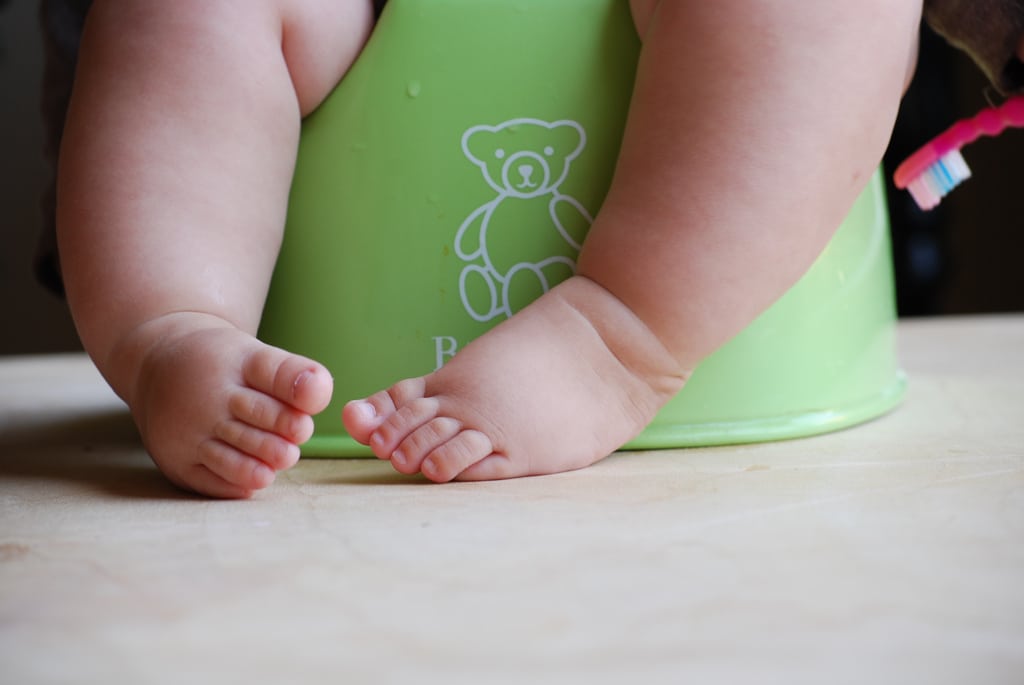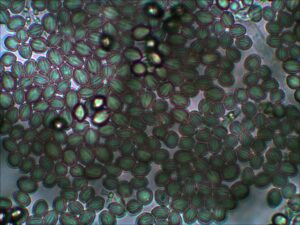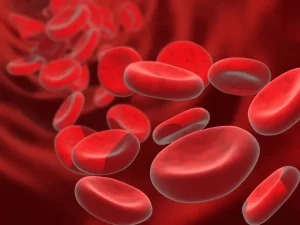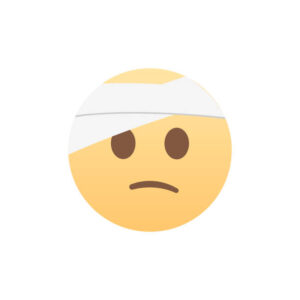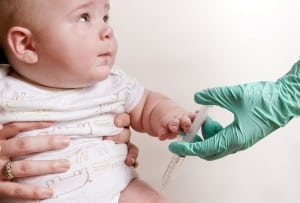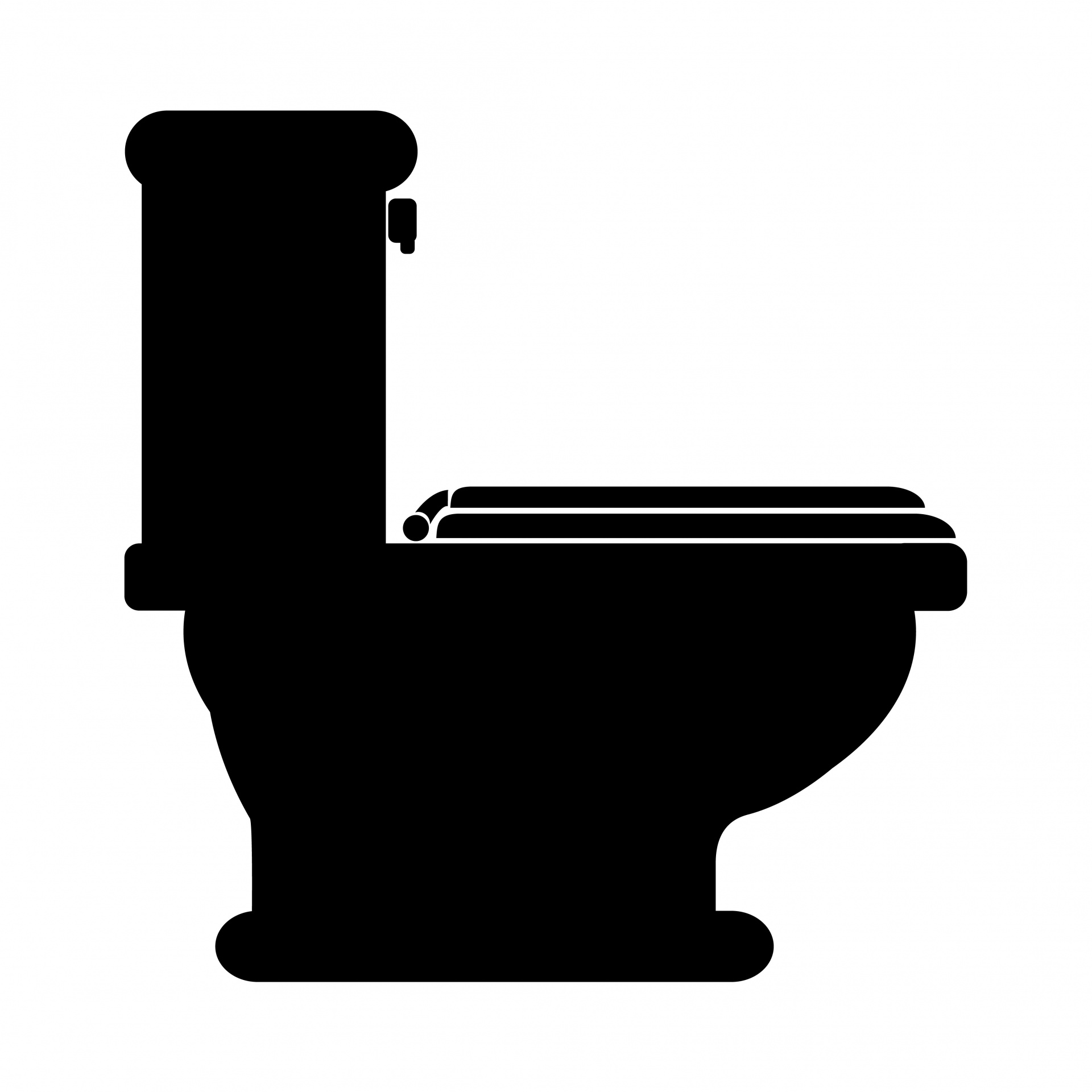 Urinary tract infections, or UTIs, are fairly common in kids. UTIs usually indicate that bacteria has infected the urinary tract (urethra, bladder, and/or kidneys) through the bloodstream, or from the rectum or genitals.
Urinary tract infections, or UTIs, are fairly common in kids. UTIs usually indicate that bacteria has infected the urinary tract (urethra, bladder, and/or kidneys) through the bloodstream, or from the rectum or genitals.
According to the American Academy of Pediatrics (AAP), about 3% of females and 1% of males will get a UTI by the age of 11. Additionally, UTIs are more common in females than males and are slightly more common in uncircumcised males than circumcised males. In contrast, the American Academy of Family Physicians found that 8% of females and 2% of males have at least one UTI by the age of seven.
Symptoms of UTIs
- fever
- painful/burning urination
- frequent urge to urinate
- difficulty getting urine out
- wetting of underwear or bedding by a child who knows how to use the toilet
- foul-smelling urine
- cloudy or bloody urine
- abdominal pain
- vomiting, refusal to eat
- side or back pain
- unexplained and persistent irritability in an infant
- poor growth in an infant
UTI Treatment
Firstly, we treat UTIs with antibiotics to kill bacteria in the urinary tract. Antibiotics are given a number of ways, including orally with pills or liquid, or placed directly in the bloodstream with a needle. Antibiotics need to be taken for a week or two, and it’s important that you or your child takes ALL of the antibiotics prescribed. If antibiotics are stopped before treatment is finished, there may be a chance that the bacteria will develop antibiotic resistance. If this happens, the infection can become harder to treat.
UTIs need to be treated quickly in order to get rid of the infection and to prevent it from spreading. Also, UTIs that go untreated can result in kidney damage.
How to Avoid UTIs
Often, UTIs go unnoticed or untreated because the symptoms can be mild. This is why it is important to practice good health habits.
Females tend to get significantly more UTIs than males due to the proximity of genitals to the rectum, and improper cleaning practices. In order to ensure that you or your female child avoid UTIs, it’s important to practice good genital hygiene. Furthermore, it’s important to teach your daughter how to take care of her vagina.
How to Care for your Vagina
- Wear only plain cotton underpants.
- Don’t use detergents that cause irritation.
- Sleep in loose pajamas, without undies.
- Avoid wearing tight clothing (tights, leggings, etc).
- Bathe every day (don’t use irritating soaps or bubble baths).
- Don’t scrub or use abrasive soaps, and only clean external genitalia.
- As your kid ages, teach them not to use any feminine sprays, douches, powders, etc.
- Wipe front to back.
- Don’t sit in wet clothes or bathing suits. (Change into dry clothes after swimming.)
Home Remedies for UTIs
Finally, home remedies for UTIs include getting plenty of water, consuming vitamin C, apply a heating pad to the pubic area, empty your bladder, and consuming uva ursi (bearberry leaf) or goldenseal. Additionally, you can cut certain foods from your diet that could be impacting your urinary tract. Foods that irritate the bladder include caffeine, alcohol, nicotine, carbonated drinks, spicy foods, and artificial sweeteners. Instead, stick to water and high-fiber foods. Also, cranberry juice may not work as well as once thought. Often times, sugar in the cranberry juice will do more harm than good. If you find that cranberry works for you, you may consider getting a cranberry supplement that won’t have the sugar that juice might.
In conclusion, while it is true that UTIs can be treated at home, we don’t necessarily recommend it. Urinary tract infections that go untreated can result in severe kidney damage. We at GHT believe that UTIs should be treated with antibiotics.
Finally, for questions or comments, please respond to this blog or contact us!

